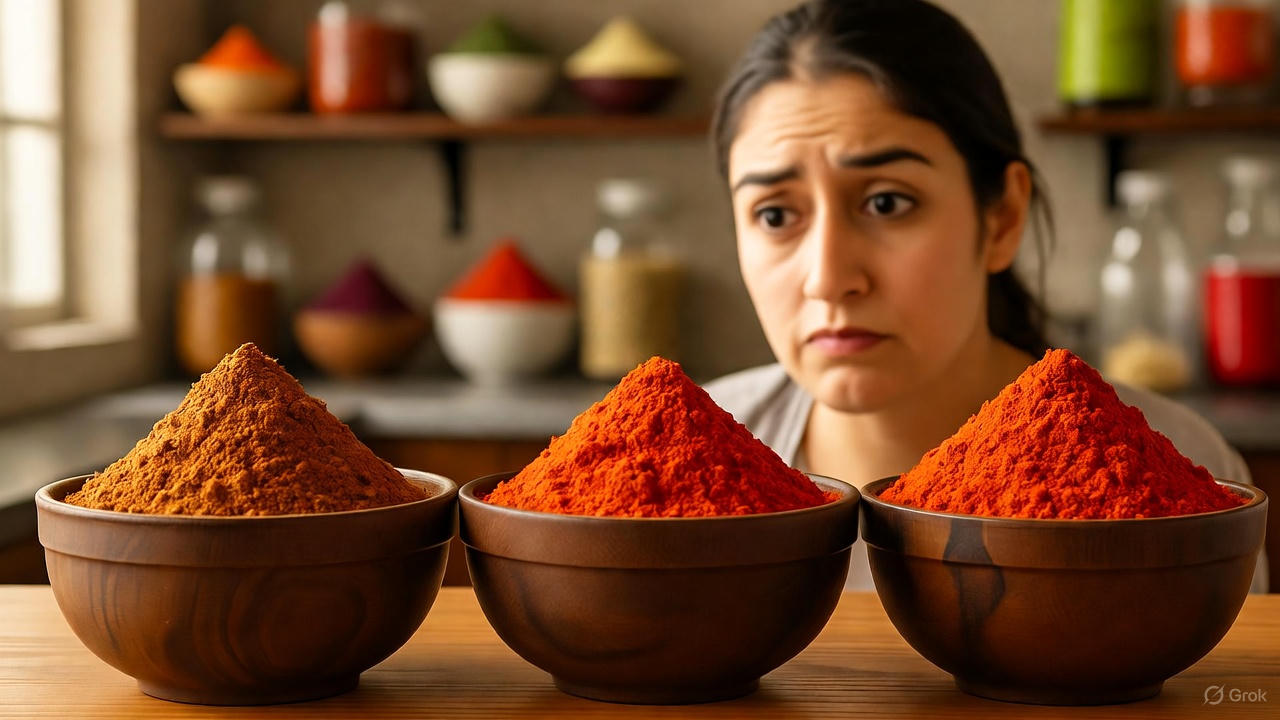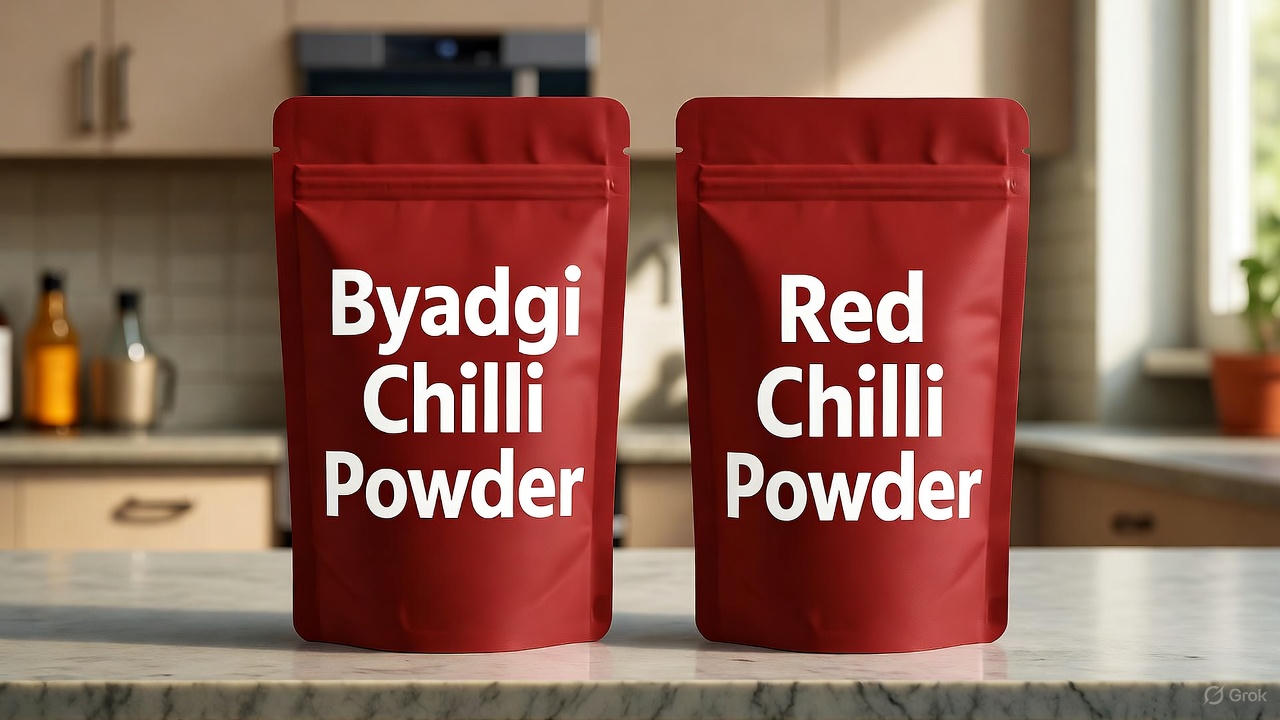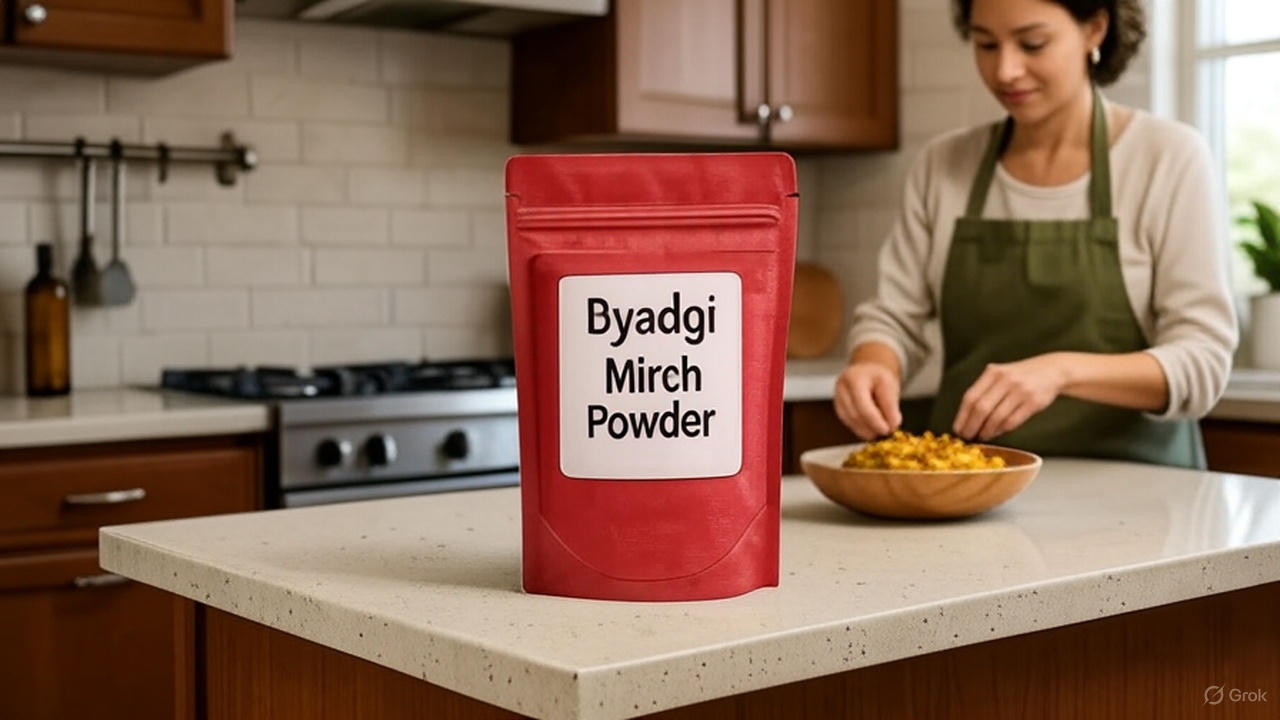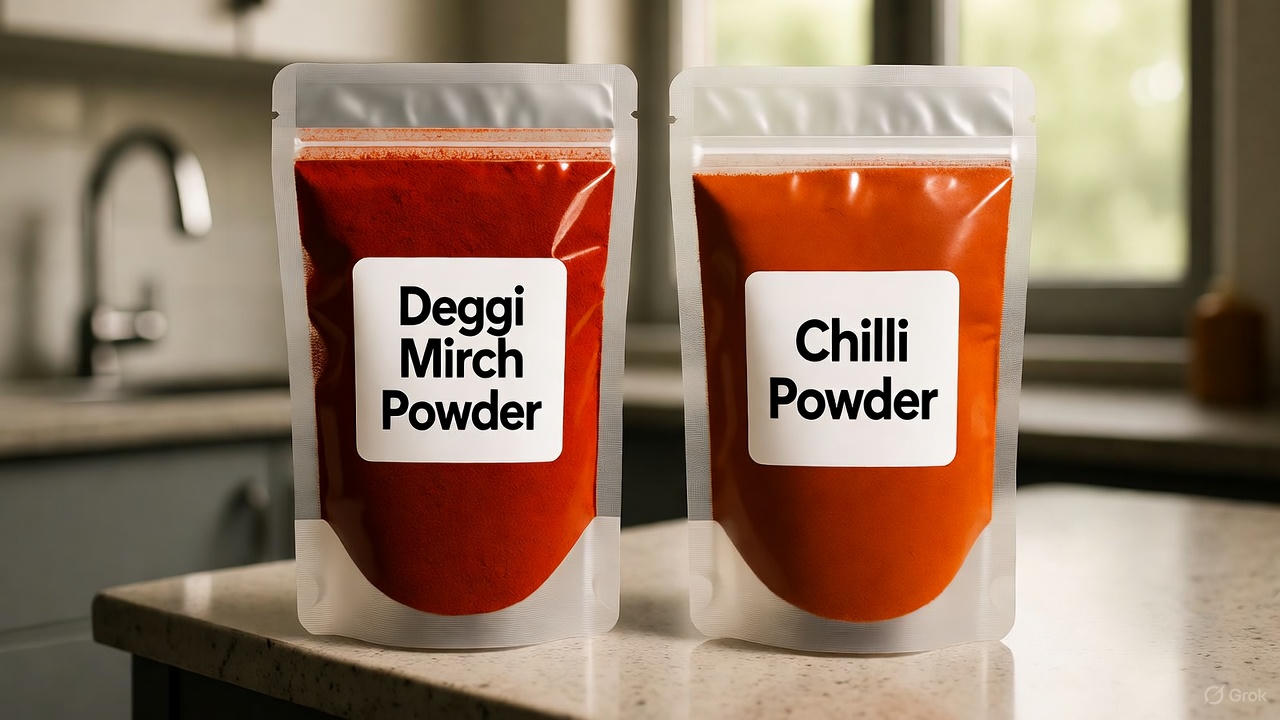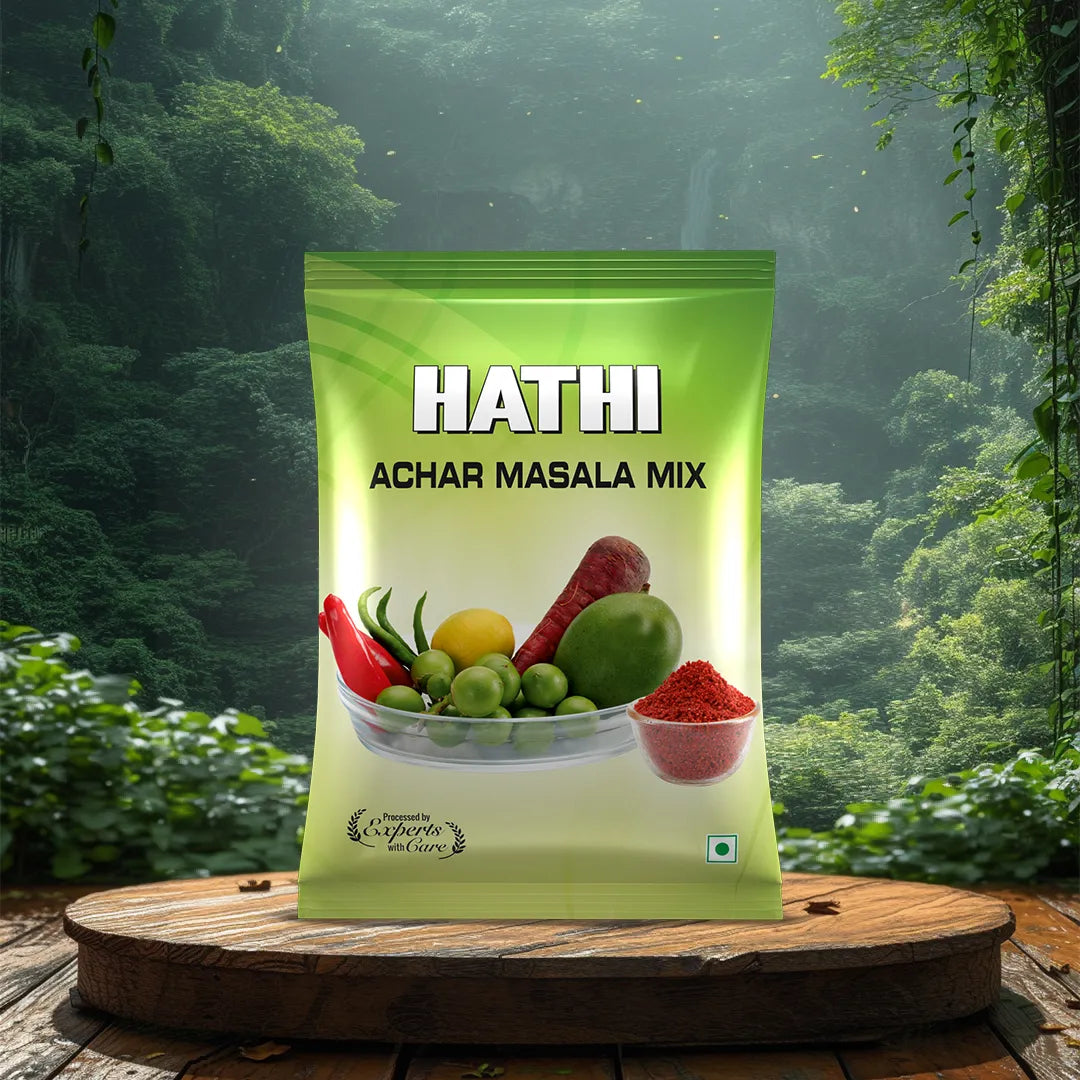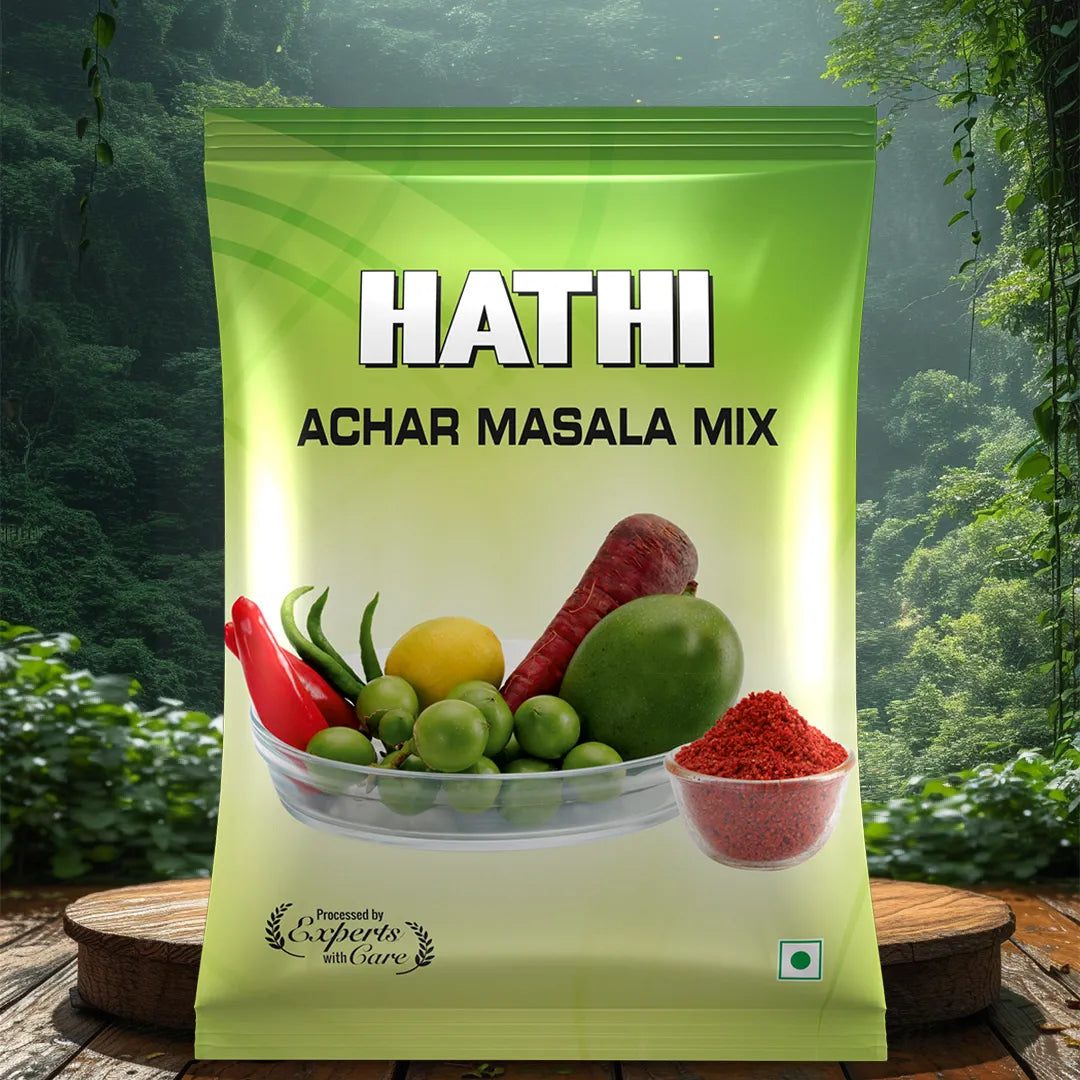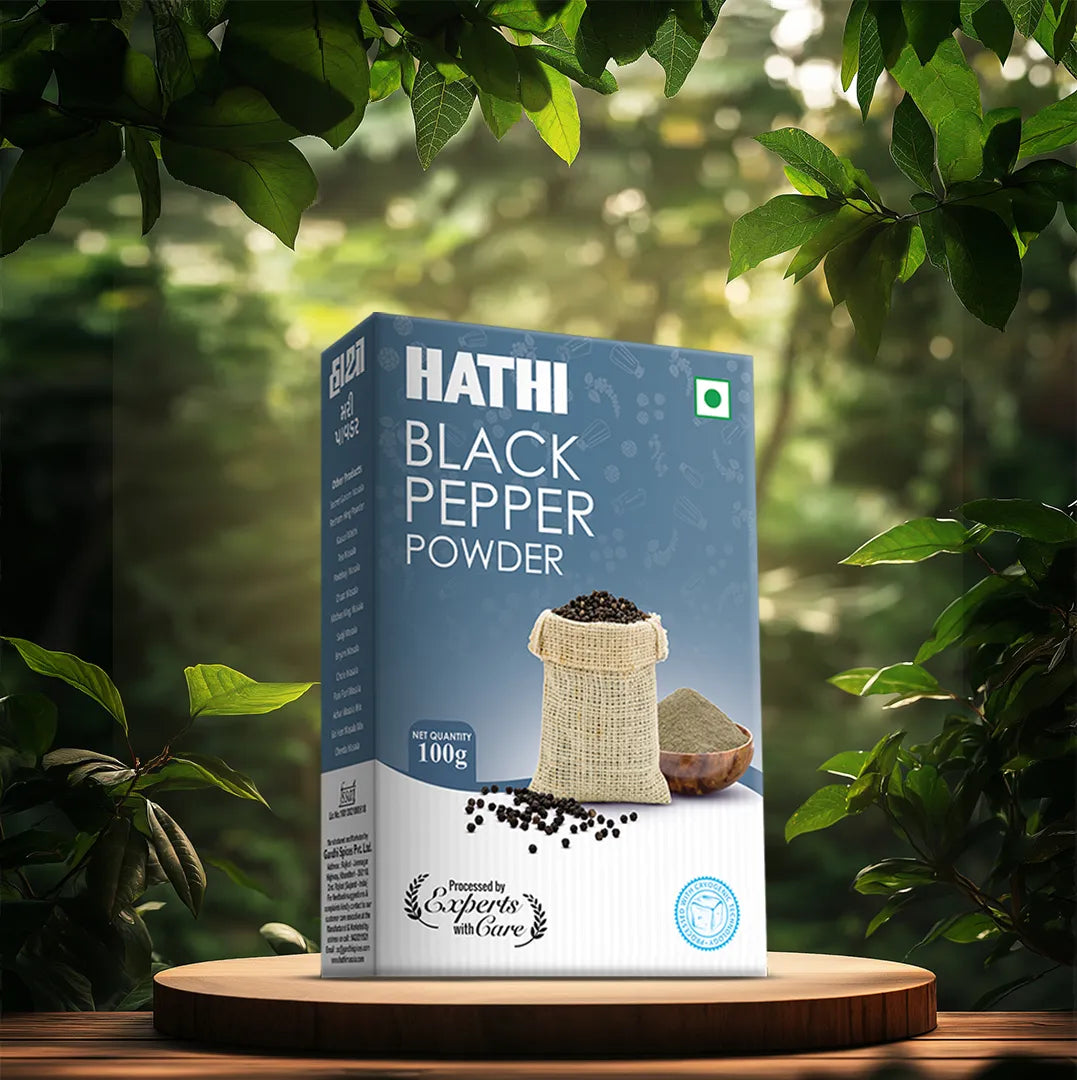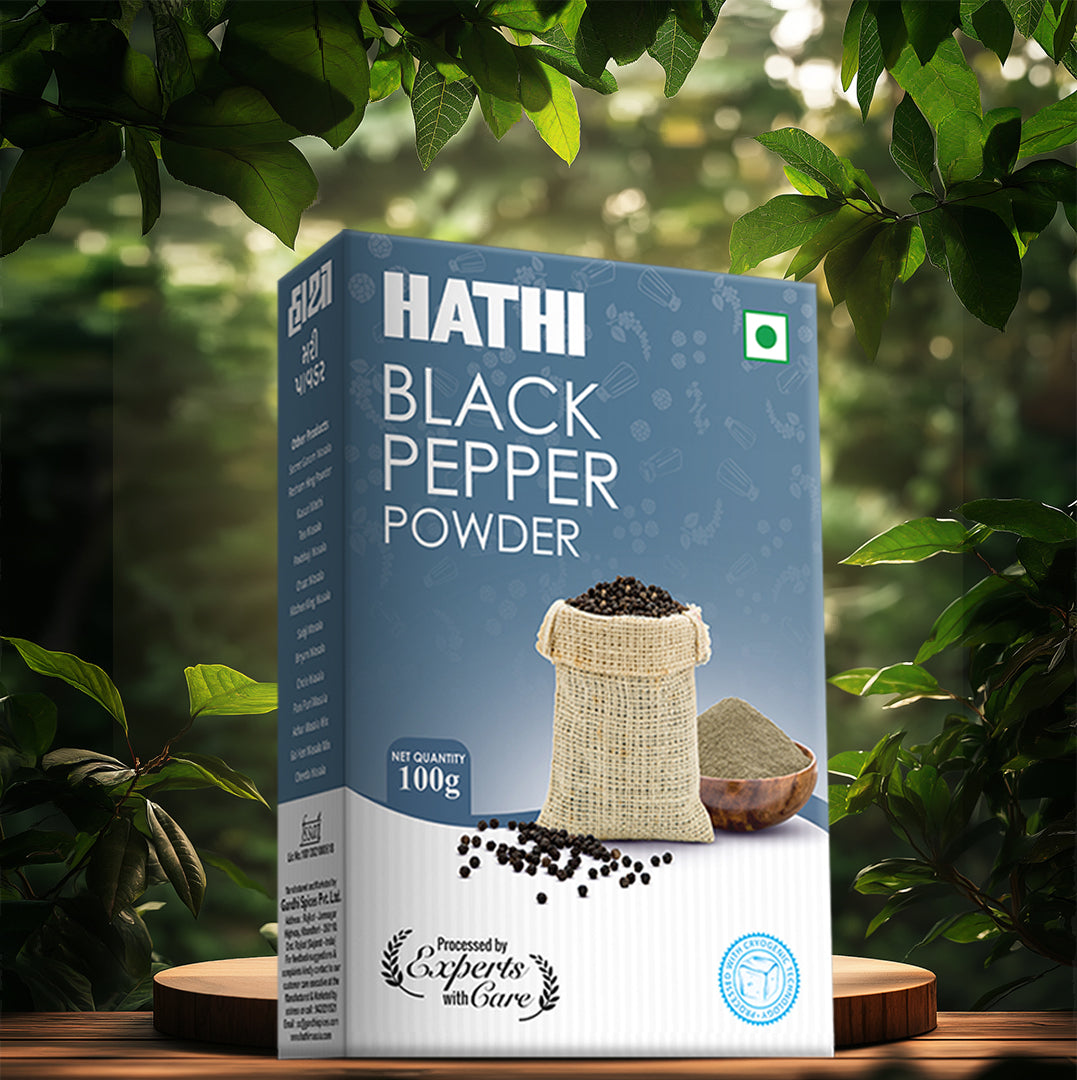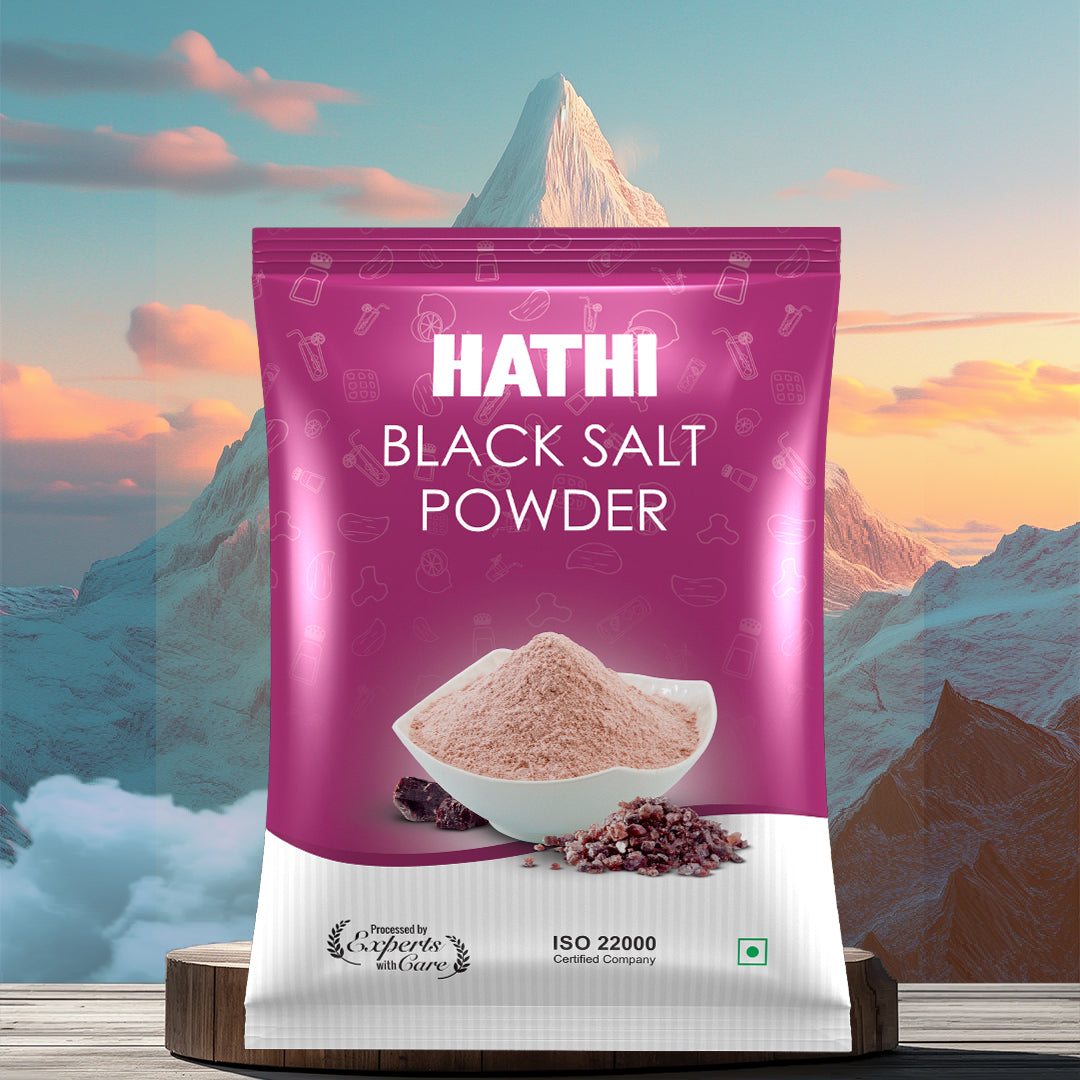Most people grab a handful of nuts and move on.
But if you want real heart and brain benefits, the nut you pick matters. Keep reading, a smarter handful can actually boost your health.
What You Will Learn
- Exact nutrition comparison per 100 g and per 1 oz
- Which nut is best for the heart, brain, inflammation, and weight control
- Practical portioning and storage tips
- A simple daily plan to get omega-3s and antioxidants without extra calories
TL;DR (Too Long? Read This First)
Walnuts are higher in plant-based omega-3 (ALA), protein, and have stronger research support for heart and brain benefits.
Pecans are richer in antioxidants and have a naturally buttery flavour.
Both are excellent when eaten in moderation, about 1 ounce (28 g) per serving, and can easily replace less healthy snacks in your diet.
Introduction
Nuts are small but mighty. They are packed with healthy fats, protein, and minerals that can make a big difference in your overall health.
But not all nuts are the same.
Walnuts and pecan nuts may look similar, yet their nutrition profiles and benefits are surprisingly different. This guide explains both in simple terms, from calories and fats to real health advantages, so that you can pick the right one for your goals.
Whether you want better heart health, sharper focus, or simply a more brilliant snack choice, this is your complete guide to understanding walnuts vs pecans.
Complete Nutrition Comparison: Walnuts vs Pecans
Let’s begin with a clear look at their nutrition facts. The numbers below show how both nuts compare per 100 grams and per 1 ounce (about 28 grams).
All data is based on raw, unsalted nuts as per the USDA Food Database.
Nutrition Facts (Per 100 g)
|
Nutrient |
Walnuts |
Pecans |
|
Calories |
654 kcal |
691 kcal |
|
Total Fat |
65.2 g |
72 g |
|
Saturated Fat |
6.1 g |
6.2 g |
|
Monounsaturated Fat |
8.9 g |
40.8 g |
|
Polyunsaturated Fat |
47.2 g |
21.6 g |
|
Omega-3 (ALA) |
9.1 g |
0.99 g |
|
Omega-6 |
38.1 g |
20.6 g |
|
Protein |
15.2 g |
9.2 g |
|
Carbohydrates |
13.7 g |
13.9 g |
|
Fiber |
6.7 g |
9.6 g |
|
Sugars |
2.6 g |
4.0 g |
|
Calcium |
98 mg |
70 mg |
|
Magnesium |
158 mg |
121 mg |
|
Potassium |
441 mg |
410 mg |
|
Iron |
2.9 mg |
2.5 mg |
|
Zinc |
3.1 mg |
5.0 mg |
|
Vitamin E |
0.7 mg |
1.4 mg |
|
Folate |
98 µg |
22 µg |
Nutrition Facts (Per 1 oz / 28 g)
|
Nutrient |
Walnuts |
Pecans |
|
Calories |
185 kcal |
196 kcal |
|
Total Fat |
18.5 g |
20.2 g |
|
Saturated Fat |
0.9 g |
1.1 g |
|
Monounsaturated Fat |
2.5 g |
11.5 g |
|
Polyunsaturated Fat |
13.2 g |
6.0 g |
|
Omega-3 (ALA) |
2.5 g |
0.3 g |
|
Protein |
4.3 g |
2.6 g |
|
Carbohydrates |
3.9 g |
3.9 g |
|
Fiber |
1.9 g |
2.7 g |
Simple Summary and Key Takeaways
- Calories: Pecans are slightly higher in calories than walnuts, so portion control is key.
- Healthy Fats: Walnuts provide more polyunsaturated fats and omega-3 (ALA), which support heart and brain health. Pecans have more monounsaturated fats, similar to olive oil, which also helps heart health.
- Protein: Walnuts have more protein, making them a better choice for people who want more satiety or muscle recovery.
- Fibre: Pecans have slightly more fibre, which can help with digestion and fullness.
- Micronutrients: Walnuts lead in magnesium and folate, while pecans provide more zinc and vitamin E.
In short, walnuts are more balanced for heart and brain function because of their omega-3 content, while pecans shine in antioxidant strength and taste. Both can fit perfectly into a healthy diet.
Read: 12 Powerful Dry Fruits Benefits You Should Know About
Evidence-Based Health Benefits of Walnuts and Pecans
Both walnuts and pecans are more than just crunchy snacks. They are full of nutrients that support the heart, brain, and overall wellness. Let’s look at what modern research and diet studies say about their benefits.
Heart Health
Both nuts are excellent for heart health, but walnuts have a slight advantage because of their omega-3 content.
The omega-3 fatty acids (ALA) in walnuts help reduce inflammation, lower bad cholesterol (LDL), and improve blood vessel function.
Several studies have found that eating about 1 ounce of walnuts per day can improve heart health markers within 6 to 8 weeks.
Pecans are also heart-friendly. Their monounsaturated fats help reduce LDL and raise good cholesterol (HDL). Regular pecan consumption is linked with better lipid profiles and lower oxidative stress.
Key takeaway:
- Walnuts: better for heart protection through omega-3 and anti-inflammatory effects.
- Pecans: good for cholesterol balance and antioxidant defence.
Brain and Cognitive Function
Walnuts are often called “brain food”, and research supports that title.
Their combination of omega-3s, polyphenols, and antioxidants helps reduce brain inflammation and supports better memory and learning in older adults.
Pecans also contain plant compounds that may protect brain cells from oxidative damage, though research is stronger for walnuts in this area.
Try this: Add 2 to 3 walnuts to your morning oatmeal or smoothie to support daily brain function.
Inflammation and Oxidative Stress
Both walnuts and pecans help your body fight chronic inflammation.
Walnuts provide omega-3 and polyphenols that reduce inflammatory markers like C-reactive protein (CRP).
Pecans are loaded with flavonoids and vitamin E, both known to lower oxidative stress and protect your cells from damage.
Practical tip: Combine a handful of walnuts or pecans with colourful fruits like berries or oranges. The vitamin C in fruits enhances antioxidant action.
Weight Management and Satiety
Many people think nuts cause weight gain, but research shows the opposite.
Nuts are energy-dense but also high in protein, fibre, and healthy fats, which make you feel full for longer.
Walnuts are slightly better for weight management because they have more protein and omega-3 fats that improve fat metabolism.
Pecans help control hunger due to their fibre and rich flavour, which can satisfy sweet cravings more healthily.
Tip: Replace evening chips or sweets with 1 ounce of mixed walnuts and pecans. You will feel full without adding unhealthy calories.
Blood Sugar and Metabolic Health
Both walnuts and pecans have a low glycemic index, which means they do not cause sharp spikes in blood sugar.
Their fibre, fat, and protein combination helps slow digestion and supports balanced energy levels.
Adding a handful of these nuts to your diet may help improve insulin sensitivity and reduce risk factors for type 2 diabetes.
Who Should Choose Which Nut
- If your goal is better heart and brain health, pick walnuts.
- If you want a tasty, antioxidant-rich snack, go for pecans.
- If you are trying to manage weight or cut sugar cravings, eat a mix of both.
Both are great when eaten in moderation and used as a replacement for processed snacks or fried foods.
Summary of Benefits
|
Health Goal |
Best Choice |
Reason |
|
Heart Health |
Walnuts |
High in omega-3 and proven to reduce LDL |
|
Brain Support |
Walnuts |
Contains omega-3 and antioxidants for cognition |
|
Antioxidant Boost |
Pecans |
Rich in flavonoids and vitamin E |
|
Weight Control |
Walnuts |
More protein and omega-3 for satiety |
|
Cholesterol Balance |
Pecans |
High in monounsaturated fats |
|
Everyday Snacking |
Both |
Nutritious and easy to include daily |
Health Benefits: Walnuts vs Pecans for Health-Conscious People
Both walnuts and pecans are packed with nutrients, but their health impacts differ slightly based on your goals.
Here is a detailed look at how each nut supports your body and mind.
Heart Health
Walnuts:
- One of the best plant-based sources of omega-3 (ALA).
- Helps reduce LDL (bad cholesterol) and inflammation in arteries.
- Regular walnut intake supports better blood vessel function and lower blood pressure.
Perfect for: People looking to support heart health or manage cholesterol naturally.
Pecans:
- Rich in monounsaturated fats, similar to olive oil.
- Helps raise HDL (good cholesterol).
- Provides plant sterols that may block cholesterol absorption.
Perfect for: People who want to maintain a healthy lipid balance without increasing calories too much.
Verdict: Walnuts win slightly for heart protection because of omega-3s, but pecans are still excellent for maintaining good cholesterol balance.
Brain Health and Focus
Walnuts:
- Rich in omega-3, antioxidants, and polyphenols that protect brain cells from oxidative stress.
- Studies show that regular walnut intake may improve memory and cognitive function.
Perfect for: Students, professionals, or older adults focusing on brain health.
Pecans:
- It contains vitamin E and flavonoids that fight oxidative damage.
- Support nerve and cell health, but with less omega-3 content.
Perfect for: People looking for a healthy snack that supports general brain wellness.
Verdict: Walnuts are the better “brain nut,” while pecans still provide antioxidant support.
Weight Management
Walnuts:
- High in protein and fibre, which helps you feel full longer.
- Studies show that walnut eaters tend to snack less later in the day.
Best for: People who want to manage hunger and avoid overeating.
Pecans:
- Slightly higher in calories but lower in carbs.
- Suitable for people following low-carb or keto-style diets.
Best for: People who want a satisfying, buttery snack without processed sugar.
Verdict: Both help with weight control when eaten in moderation, but walnuts are more filling while pecans fit better into low-carb diets.
Antioxidant and Anti-Inflammatory Power
Walnuts:
- Contain polyphenols and melatonin that help reduce inflammation.
- Can lower oxidative stress linked to chronic diseases.
Pecans:
- It ranks among the highest nuts in antioxidant capacity.
- It contains ellagic acid and vitamin E that protect against cell damage.
Verdict: Pecans slightly win here for antioxidant strength, while walnuts are better for overall inflammation control.
Diabetes and Blood Sugar Control
Walnuts:
- Have a low glycemic index and improve insulin sensitivity.
- Studies show benefits for type 2 diabetes management when used as part of a balanced diet.
Pecans:
- Also low on the glycemic index and contains magnesium that supports glucose metabolism.
- Help prevent sudden sugar spikes after meals.
Verdict: Both are diabetes-friendly, but walnuts may offer additional metabolic advantages.
Skin, Hair, and Ageing
Walnuts:
- Omega-3s keep skin hydrated and help control acne.
- Antioxidants fight premature ageing.
Pecans:
- Zinc, vitamin E, and ellagic acid help maintain youthful, glowing skin.
- Support collagen formation and prevent cell damage.
Verdict: Pecans are great for beauty benefits, while walnuts work better from within for anti-ageing support.
Read: Pecan Nuts Benefits: Nutrition, Health, Skin, Hair, and More
Final Takeaway for Health-Conscious People
Both nuts are power-packed, but your choice should depend on your goals:
- Choose Walnuts for brain health, heart protection, and omega-3s.
- Choose Pecans for antioxidants, skin glow, and low-carb diets.
- The best option is to mix both in small portions, about 7–10 halves of each per day.
How to Include Walnuts and Pecans in Your Daily Diet
Eating nuts regularly is one of the easiest ways to improve your nutrition. The key is to eat the right amount and mix them smartly into your daily meals.
Here’s how you can do it without adding too many calories.
Ideal Portion Size
For most adults, one ounce (28 grams) a day is the perfect amount.
That equals:
- 14 halves of walnuts or 19 halves of pecans
- Around 180–200 calories
This small portion gives you healthy fats, fibre, and protein without increasing your total calorie count too much.
Pro Tip:
Avoid eating directly from a large pack. Measure your nuts once and store them in small containers or snack pouches for better control.
Best Time to Eat
- Morning: Add to breakfast smoothies, oatmeal, or curd bowls.
- Afternoon: Perfect for mid-day energy dips or office snacking.
- Evening: Add to salads, soups, or eat with fruit for a light snack.
Avoid eating nuts late at night if you have digestive issues.
Smart Pairings
You can pair nuts with other nutrient-dense foods to get more benefits.
Here are some ideas:
- Walnuts + Greek Yoghurt + Honey: Great for brain and gut health.
- Pecans + Apple Slices + Cinnamon: Perfect energy snack.
- Walnuts + Dark Chocolate Chips: Helps reduce sugar cravings.
- Pecans + Chia Pudding: Fills you up and supports healthy digestion.
Easy Ways to Add Them to Meals
- Sprinkle chopped walnuts or pecans on breakfast cereal, oats, or pancakes.
- Add roasted nuts to salads or stir-fry vegetables for crunch and healthy fats.
- Blend into homemade nut butter for a creamy spread.
- Use as a topping for smoothie bowls, Yoghurt, or desserts.
A small handful every day can easily replace chips or biscuits and give you better energy.
7-Day Smart Snack Plan (Balanced for Health-Conscious People)
|
Day |
Snack Idea |
Focus Benefit |
|
Monday |
1 oz walnuts + banana |
Brain and energy |
|
Tuesday |
Pecan trail mix with raisins |
Antioxidants |
|
Wednesday |
Walnut yogurt bowl with honey |
Gut health |
|
Thursday |
Pecan and apple slices |
Heart and digestion |
|
Friday |
Handful of mixed walnuts and pecans |
Balanced nutrition |
|
Saturday |
Walnut oatmeal breakfast |
Omega-3 and focus |
|
Sunday |
Roasted pecans with cinnamon |
Relax and recover |
You can rotate or adjust based on your calorie needs.
Storage Tips to Keep Nuts Fresh
- Store in an airtight container away from heat.
- Refrigerate or freeze for longer freshness.
- Avoid moisture to prevent the nuts from turning bitter.
- Always check for smell and taste before using old stock.
Quick Recap
- Eat 1 ounce daily for best results.
- Mix both nuts for combined benefits.
- Keep them fresh and portion-controlled.
Adding walnuts and pecans daily is a small change that can make a big difference in your health over time.
Expert Tips and FAQs on Walnuts vs Pecans
Even though both nuts are healthy, how you eat them makes all the difference.
Here are some expert-backed tips and answers to common questions that health-conscious readers often ask.
Expert Tips
Soak Before Eating (Optional but Helpful)
Soaking walnuts or pecans for 6–8 hours can reduce phytic acid, which may improve mineral absorption and digestion.
If you prefer a crunchy texture, roasting lightly without oil is also fine.
Avoid Overeating
Both nuts are calorie-dense.
Eating more than 2 ounces (around 55–60 g) daily can slow weight loss or cause bloating.
Stick to one handful per day.
Mix for Maximum Benefits
Walnuts provide omega-3 fats, and pecans bring antioxidants and vitamin E.
A mix of both gives you a better balance than eating one type daily.
Prefer Raw or Dry-Roasted
Flavoured or salted nuts often contain extra sodium and oils that reduce their natural health value.
Choose plain raw or dry-roasted varieties whenever possible.
Keep Nuts Refrigerated
Walnuts and pecans contain unsaturated fats that can go rancid in heat. Store them in airtight containers in the fridge to extend shelf life.
Combine with Fibre-Rich Foods
Pairing nuts with fruits, oats, or Yoghurt slows down sugar absorption and keeps you full longer.
This helps with better energy and weight control.
FAQs About Walnuts vs Pecans
Which is better for heart health?
Walnuts are slightly better for heart health because of their omega-3 content. Pecans are still good for maintaining healthy cholesterol levels.
Are walnuts or pecans better for brain function?
Walnuts support memory, focus, and overall brain function due to omega-3 and polyphenols. Pecans offer antioxidant support but have less omega-3.
Can they help with weight loss?
Yes, both can. They keep you full and reduce hunger. Just make sure you eat small portions daily.
Are walnuts and pecans suitable for people with diabetes?
Both are low in carbohydrates and help maintain stable blood sugar. Walnuts slightly improve insulin sensitivity, as per some studies.
What is the best way to eat them?
Eat them raw, soaked, or dry-roasted. You can add them to oats, salads, smoothies, or desserts.
How many walnuts or pecans per day are healthy?
About 1 ounce (28 grams) per day, which is roughly 14 walnut halves or 19 pecan halves, is ideal for most adults.
Can children eat walnuts and pecans?
Yes, children above 3 years can safely eat them if there are no nut allergies. Give crushed or finely chopped pieces to avoid choking.
What happens if I eat too many nuts?
Overeating can lead to weight gain or stomach discomfort because of excess fat. Moderation is key.
Expert Summary
- Walnuts are ideal for heart and brain health.
- Pecans are excellent for antioxidants and healthy skin.
- Eating a mix of both in moderation gives the best long-term benefits.
- Store them properly and pair with balanced meals for maximum results.
Conclusion and Takeaway
Both walnuts and pecans are nutritional powerhouses. They share many benefits but shine in different ways depending on your health goals.
Walnuts stand out for omega-3 fats, brain health, and heart protection. Pecans lead in antioxidants, vitamin E, and a smooth, buttery taste that makes healthy eating feel like a treat.
If you are health-conscious, the best approach is not to choose one but to combine both in small portions daily. A handful of mixed nuts can deliver balanced nutrition, better energy, and improved focus without guilt.
Adding them to your everyday meals is simple. Sprinkle chopped walnuts over your breakfast bowl, or snack on roasted pecans in the afternoon. Small habits like these can create significant changes in your long-term wellness.
Remember:
- Keep portions moderate.
- Choose raw or dry-roasted options.
- Store them well to keep nutrients intact.
A brilliant mix of walnuts for your heart and brain and pecans for your skin and antioxidant needs can help you build a healthier routine without feeling restricted.
So next time you reach for a snack, skip the chips and grab a handful of these nutrient-packed nuts instead.
Key Takeaway for Readers
Eat mindfully, mix wisely, and stay consistent. Walnuts and pecans are not just snacks; they are your daily step toward better health, sharper focus, and stronger immunity.









